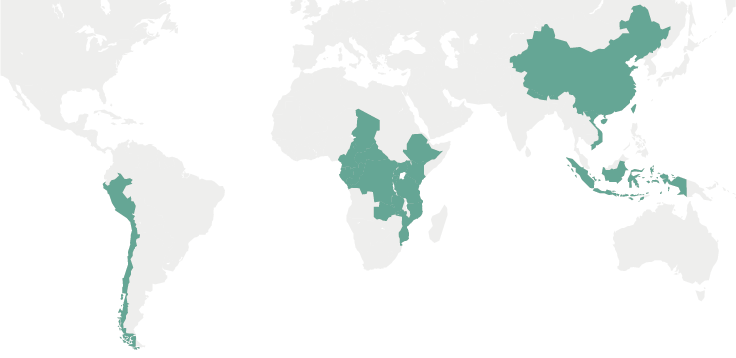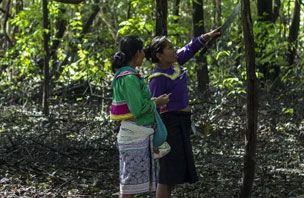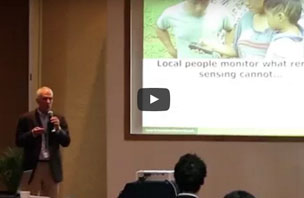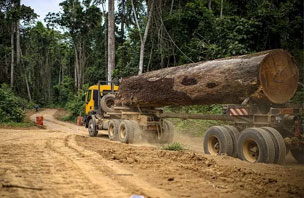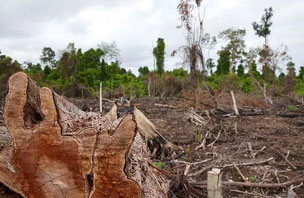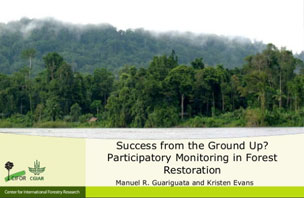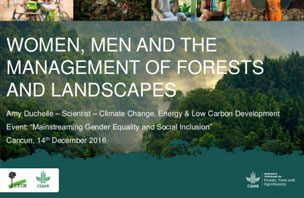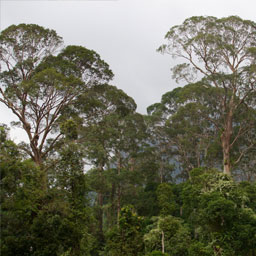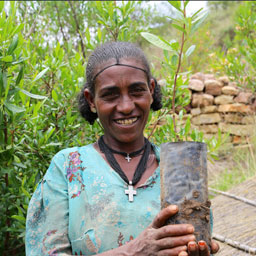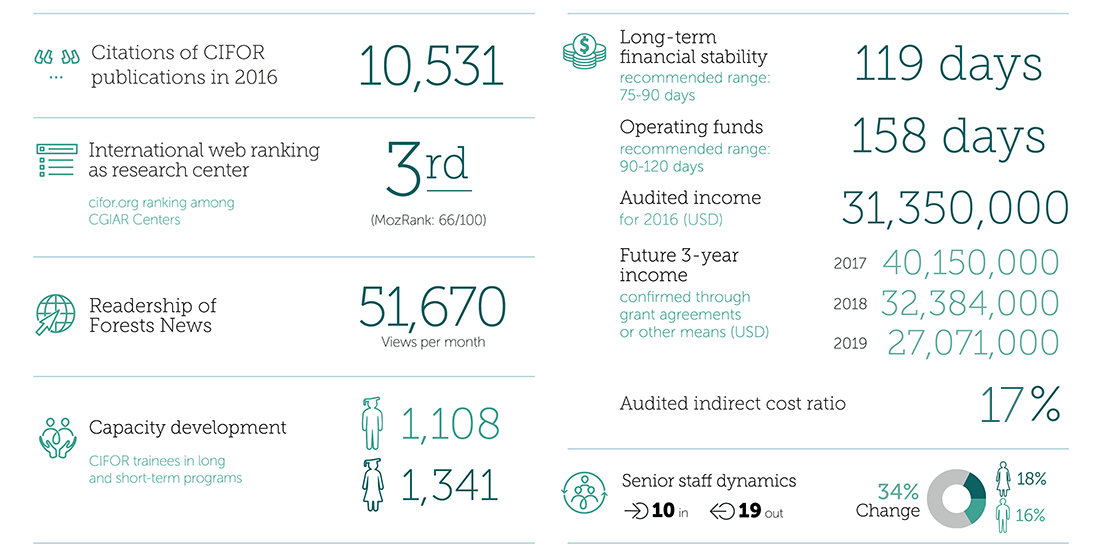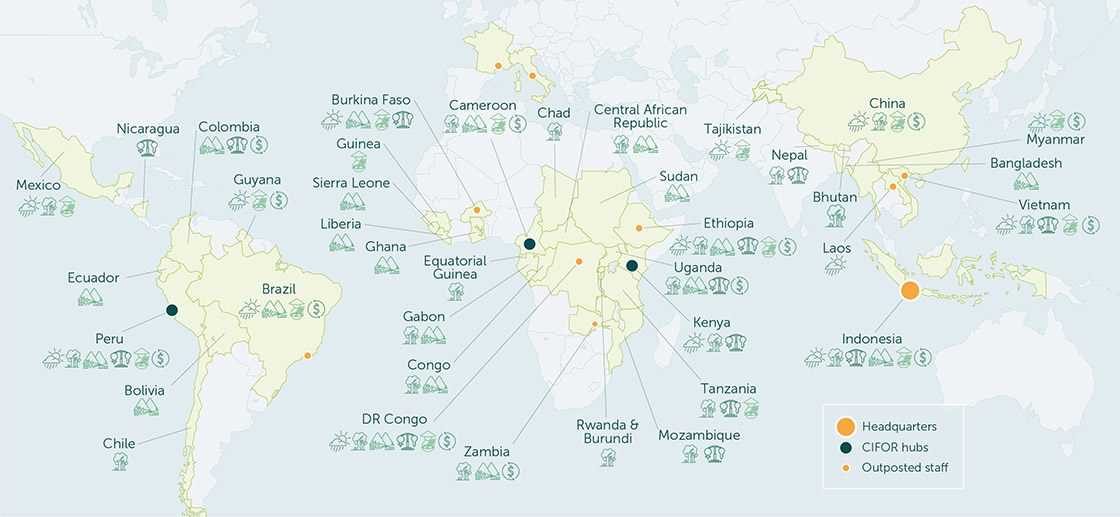
Highlights
2016 Achievements
- Research on natural regeneration – harnessing forests’ natural ability to regrow – generated a lot of attention in a special journal issue. CIFOR scientists argue that this inexpensive, overlooked solution can be used as a tool for large-scale restoration of forests in tropical countries, and may be essential to achieving their ambitious restoration goals. A Spanish news story on this research was shared over 2,200 times, topping CIFOR’s ‘most engaging’ content in that language for 2016.
- To coincide with the International Union for Conservation of Nature world congress, three of CIFOR’s top scientists shared lessons from their work on forest landscape restoration in China, Latin America and Ethiopia.
Not enough attention is given in national restoration plans to the value of letting nature take its course. To me, the best strategy is to combine active approaches like tree planting with more passive ones like natural regeneration.
Manuel Guariguata, Team Leader, Forest management and restoration, CIFOR
Expert analysis
- Two analyses focused on the true value of planted forests, which are often seen as ‘green deserts’ that are unable to provide ecosystem services such as habitat for species, regulating air and water quality, protecting soils and helping to mitigate climate change. CIFOR scientists offered recommendations to upscale local restoration efforts into visible, national results in Colombia and proposed a framework for assessing ecosystem goods and services from planted forests.
- Citizen science – recruiting local people to collect and analyze data, and join in decision making – can help make the difference between success and failure for forest landscape restoration projects. A state-of-the-art review on participatory monitoring by CIFOR researchers drew lessons for the way forward.
All Forest management and restoration publications >
Global outreach
From Beijing to Cancun to Hawaii, CIFOR forest management and restoration experts shared insights and lessons on topics ranging from planted forests to gender in forest landscapes.
- Conference of the Parties to the Convention on Biological Diversity (CBD COP13), Cancun, Mexico
- IUFRO Regional Congress for Asia and Oceania, Beijing, China
- IUCN World Conservation Congress, Honolulu, Hawaii, USA
Photo by L. Putzel/CIFOR.

